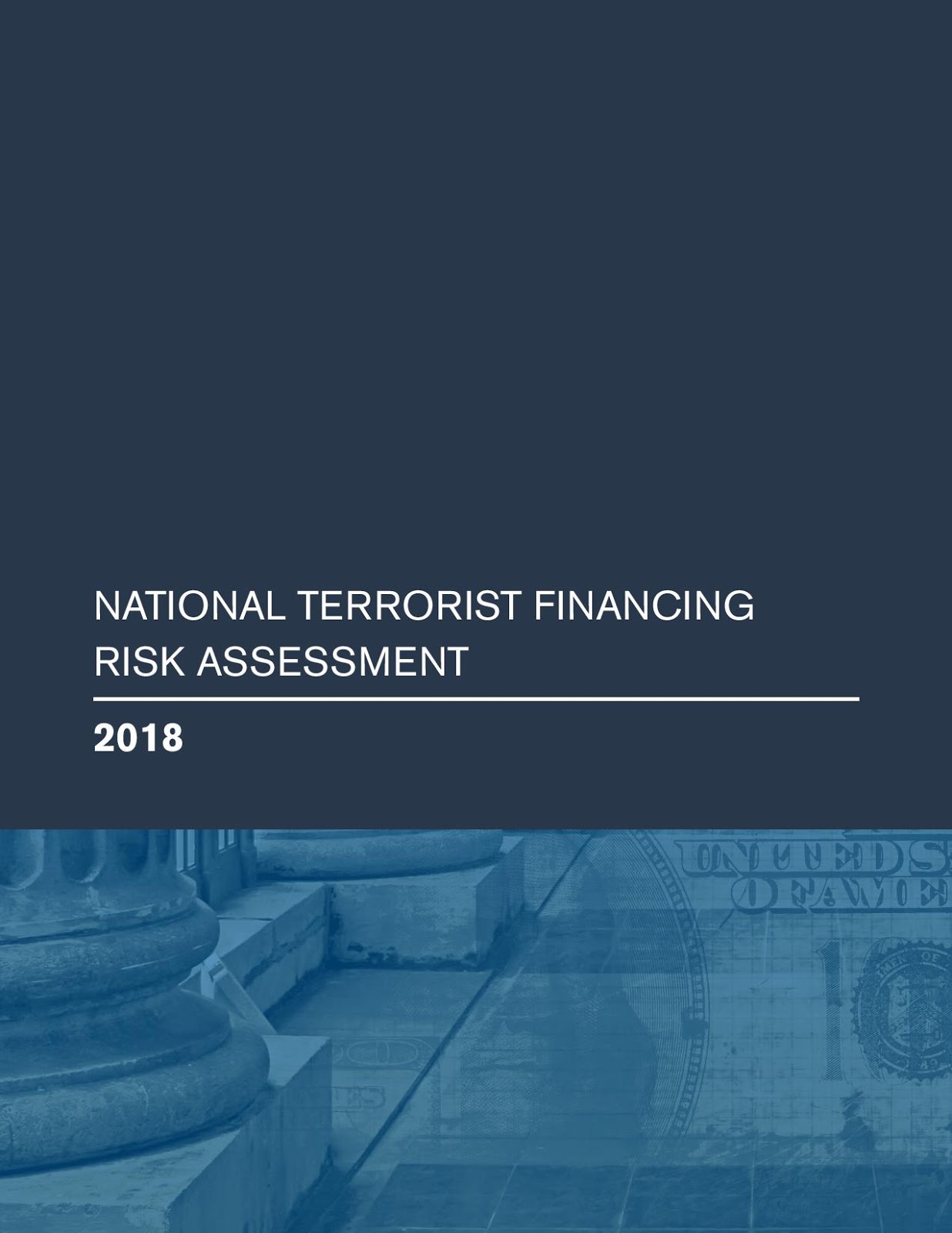Allocating forest land in Chhattisgarh for coal mining is cause for alarm; deforestation has risen significantly in recent decades
Firstpost April 01, 2019 Sumit Chaturvedi The recent approval of 1.7 lakh hectares of forest land in the Hasdeo Arand forest stretch in Chhattisgarh for open cast coal mining (non-forest use) has raised concerns for the future of country’s forests. The government’s decision is indeed alarming, as the total forest land diverted for non-forest use in Chhattisgarh between 1980 and 2003 was 1.71 lakh hectares, out of which 67 percent was for mining, according to the report of Committee of Land Reforms and State Agrarian Relations (CLSR). This committee, appointed by the central government in 2008, submitted its report in 2009 to the Government of India. The committee, in its report, had expressed alarm over the trend of diversion of forest land for non-forest use and the total amount of land which has been diverted thus far in the country as a whole. The committee noted that the situation has only worsened since 1976, when the central government issued new guidelines to states...
